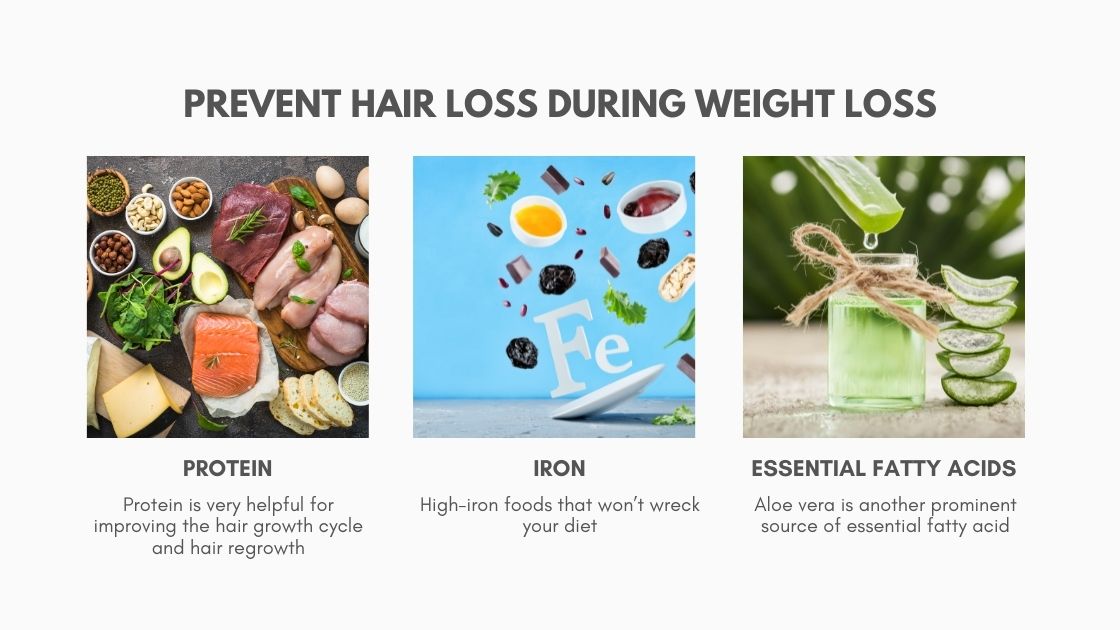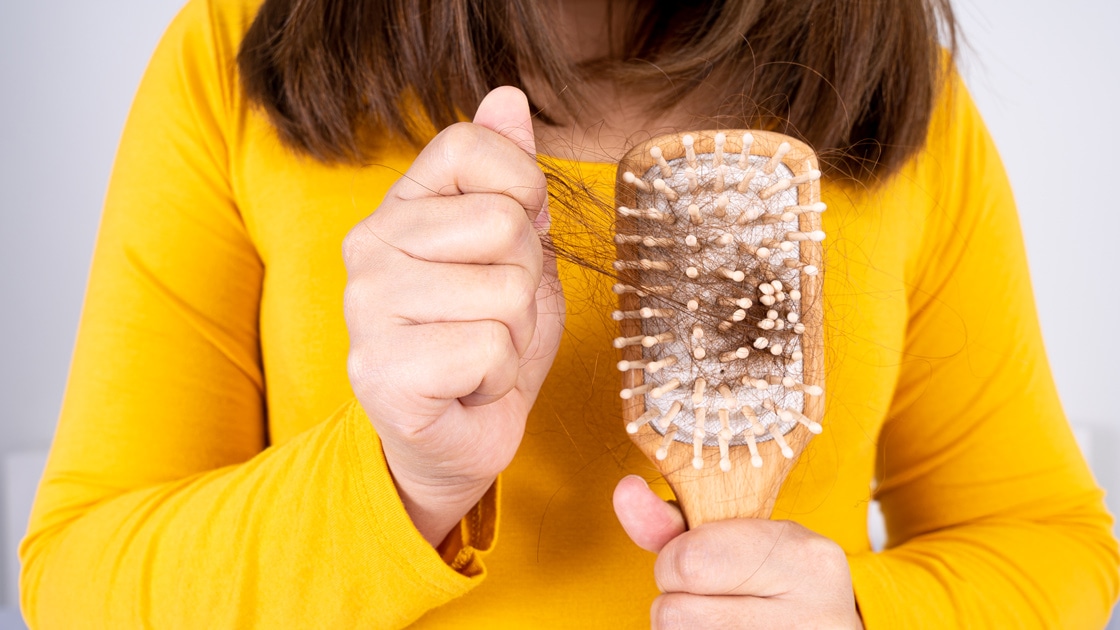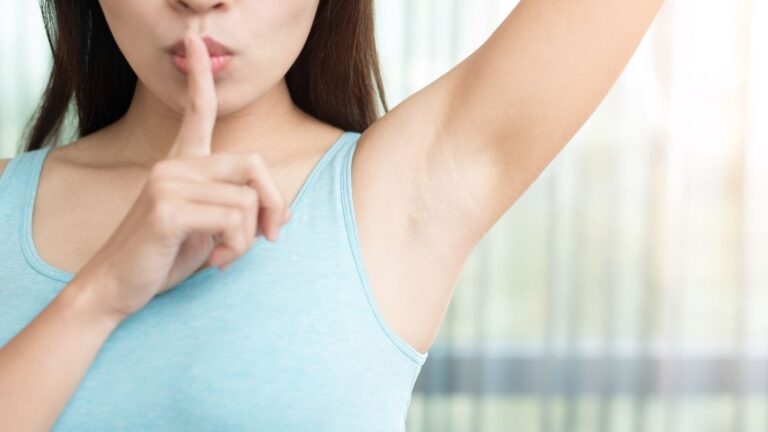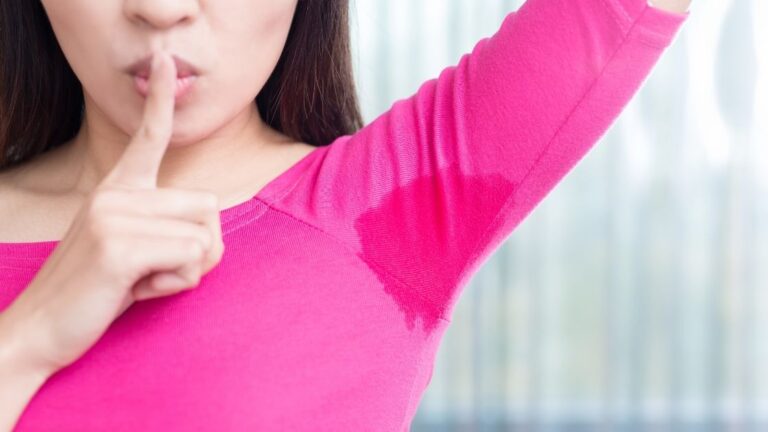Update Date: 27-04-2022
Losing weight is usually followed by a wealth of positive changes in your body. From a slimming silhouette to a radiant glow, reaching a healthy weight positively affects your appearance in a thousand-and-one way.
There is, however, a less glamorous side to losing weight. Many women report the horrifying reality of hair loss, during and after weight loss. So why is that? And what can you do to help prevent hair loss at home?
Why Does Hair Loss Occur During Weight Loss?
So why does excessive hair loss happen anyway? Well, while it may not seem like it, your body is extremely sensitive to changes in your environment, including when you start a new diet. Many variables that occur during weight loss can affect your hair growth, including:
- Calorie Restriction
- Lack of certain vitamins
- Excessive exercise
- Psychological Stress
Now any, or a combination of these factors can lead to excessive weight loss, also known by the name acute telogen effluvium or TE for short. This occurs because during weight loss your body is sent into a state similar to shock. Your body realizes that you are consuming less food than it needs to function.
This is what leads to fat loss – your body isn’t getting enough calories from an outside source so it starts using your natural reserves (excess fat) to do the job. When it comes to dropping a dress size or two, this is exactly what you are looking for!
However, if you are not consuming enough vitamins, proteins, and minerals that your body needs to do everything it wants to do (that is, all-natural body processes) it doesn’t usually have a natural reserve to draw from. There’s nowhere in your body to store protein, like it does fat, for example.
Instead, the body must decide what is the process most important for survival and direct these vitamins and minerals there.
Let’s use the example of protein. If your body is only getting half the protein it needs, your body will need to ‘choose’ where to divert its limited protein supply. Now if your options are to the neurons in your brain or the hair follicles on your head – the process most vital for healthy brain functioning is likely to come out on top and you may soon find more and more hair coming out on your hairbrush.
Hair loss depends on hair health and blood flow on the scalp. You need to define the types of hair loss at first to prevent loss of hair. Family history is also important. Generally when you lose weight then it also creates some side effects and damage hair roots. Sometimes, weight loss creates temporary hair loss and you can recover it with a rich diet. Otherwise, it can cost you permanent hair loss.
It’s also important to note that hair loss may be a symptom of other severe underlying deficiencies – it’s always best to consult a doctor if you are worried. You can start hair loss treatment if you see that your hair thinning is not recovered fast.
So how can you prevent TE from happening to you?
How to Prevent Hair Loss During Weight Loss.
If you are looking to prevent hair loss naturally, making sure you are getting the right balance of essential vitamins, proteins, and micro and macronutrients are key. But don’t worry! This doesn’t mean that you need to undo all your hard work and gorge yourself on donuts and potato chips!

Vitamin-rich doesn’t necessarily mean calorie high and there’s a cornucopia of healthy products that will help keep the TE and excess pounds at bay. Vitamin a, Vitamin e is best for hair care. These vitamins are very useful for natural hair. On the other hand, vitamin c is helpful for the scalp. Healthy scalp needed to maintain proper hair shaft and remove baldness. Also, you should not keep wet hair. Wet hair is another reason for bald patches.
During any diet, it’s important to eat a varied and balanced diet of fresh fruits and vegetables, cereals, and lean meats to get all these nutrients naturally. Make sure your diet includes plenty of the following:
- Protein
Protein is the building block of hair follicles. If you aren’t getting enough in your diet, hair loss will inevitably result. Make sure you are getting an adequate amount of protein each day. Low-calorie, high protein sources include things like cottage cheese, lean meats, and egg whites. Protein is very helpful for improving the hair growth cycle and hair regrowth.
- Iron
Iron deficiency, also known as anemia, is one of the leading causes of hair loss in women. High-iron foods that won’t wreck your diet include things like tofu and dark green leafy vegetables like spinach and kale.
- Selenium
Selenium is also a vital component when it comes to healthy hair growth. Make sure you get enough selenium through lean meats like turkey and chicken. Brazil nuts are another great meat-free option. It helps to recover the nutritional deficiency. Selenium prevents hair damage, makes hair healthy, and increases blood flow to blood vessels.
- Essential Fatty Acids
Essential Fatty Acids are essential for both hair growth and thickness. Strong sources include oily fish like salmon and sardines. Aloe vera is another prominent source of essential fatty acid and it prevents the risk of hair loss.
Which Vitamins Should you Take?
Preventing hair loss naturally comes down to ensuring your diet involves a healthy mix of vitamins, proteins, and minerals from a variety of sources. But what if I am following a diet that restricts any large group of foods? Things like the keto diet or even a seemingly healthy vegan diet can be surprisingly restrictive and may not provide you with all the vitamins you need to prevent hair loss.

If you think you may fit this category, we recommend visiting a doctor or nutritionist who will be able to provide you with a personalized eating plan. They may also recommend a supplement to boost your vitamin intake. Some common supplements include:
Biotin
Also known as Vitamin H. Biotin supplement will help keep not only your hair strong and shiny, but do wonders for your skin and nails. Vitamin b aka biotin prevent alopecia. This dietary supplement can improve medical conditions and reduce patchy hair loss. Biotin deficiency costs major hair damage including hair fall, alopecia, and scaly, red rash on your scalp.
Iron
Iron is an essential vitamin, especially for women. Because many women struggle to get enough iron naturally, Most doctors will recommend an iron supplement for everyone over the age of 19. Iron can prevent genetic hair loss and improve blood circulation
Vitamin C
Vitamin C deficiency will result in weak, brittle hair and split ends. A 50mg daily dose of vitamin C may help you prevent hair loss, especially if you aren’t able to get all the fresh fruits and vegetables you need into your daily diet.
Vitamin D
You may also know it as ‘The Sunshine Vitamin’. Supplements are recommended for those living in extreme latitudes or who are unable to expose their skin to the sun. Vitamin d is the main hair treatment for androgenetic alopecia. Not just for normal alopecia but this is very much effective for alopecia areata. Vitamin D deficiency cost you major hair loss.
Zinc
Groups especially at risk of zinc deficiency include those following a vegan or vegetarian diet. Supplements are a great way to keep your whole body, including hair, healthy and strong. Zinc also improves vitamin deficiencies and increases scalp hair.
Natural Way to Prevent Hair Loss
Preventing hair loss during weight loss isn’t as hard as you may think! Luckily, fatty, carby foods like white bread and sugar don’t have all that many vitamins and minerals in them. Choosing a wide range of fresh vegetables, fruits, wholegrain cereals, and lean meats should provide you with enough vitamins to help prevent hair loss naturally. Natural remedies are best for hair loss treatment.

Remember the famous quote, ‘let food be thy medicine and let medicine be thy food.’ During any diet, vitamins such as Vitamin C & D; as well as mineral supplements like Biotin, Iron, and Zinc can also help keep you looking and feeling fantastic, promoting healthy, strong hair growth regardless of your diet. These vitamins don’t just act as a preventative either – they can even promote thick, strong hair growth naturally.
The role of vitamins is important for prevent hair loss during weight loss. Nutritional supplements, proper food, dietary iron, and mental health improvement can prevent hair loss significantly.
So, if you are one of the many women worried about weight- but not willing to lose their hair over it, remember these tips to have you looking fit, slim, and healthy – and with a great head of hair!









